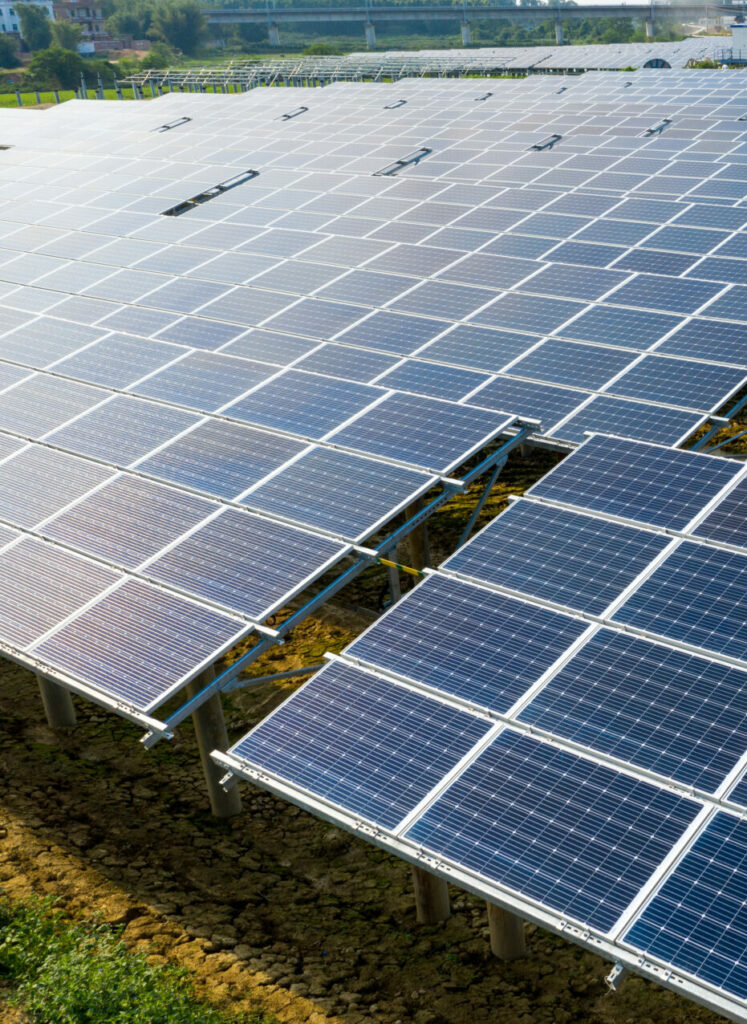managed accounts

RECEIVABLES &
SUPPLY CHAIN FINANCE
Receivables & Supply Chain Finance is a financial solution that optimizes cash flow by leveraging accounts receivables and streamlining supply chain operations. It involves various strategies such as invoice financing, factoring, and dynamic discounting to improve liquidity and enhance working capital management.
This approach helps businesses address cash flow gaps, mitigate payment delays, and strengthen relationships with suppliers and customers. By efficiently managing receivables and supply chain processes, companies can unlock growth opportunities and achieve financial stability.



STRUCTURED
TRADE FINANCE
Structured Trade Finance refers to a specialized financing technique that enables businesses to engage in complex and large-scale trade transactions. It involves the use of innovative financial instruments and tailored solutions to mitigate risks and facilitate international trade. This approach combines various financing mechanisms, such as letters of credit, pre-export financing, inventory financing, and credit insurance, to support the entire trade cycle.
Structured Trade Finance provides businesses with the flexibility and liquidity needed to navigate challenging trade scenarios, seize market opportunities, and ensure the smooth flow of goods and services across borders.





MEDIUM TERM
PRIVATE CREDIT
Medium-Term Private Credit refers to a type of financing that provides companies with access to capital over an intermediate time horizon. It offers longer-term funding solutions beyond traditional short-term loans, typically spanning several years. This form of private credit involves the provision of debt capital by non-bank lenders, such as alternative investment firms or private credit funds.
Medium-Term Private Credit can be utilized by businesses for various purposes, including expansion plans, capital expenditures, working capital needs, or refinancing existing debt. This financing option offers companies greater flexibility, stability, and tailored terms compared to traditional bank loans, enabling them to pursue their strategic objectives with a longer time horizon in mind.



CLEAN ENERGY
INFRASTRUCTURE DEBT
Clean Energy Infrastructure Debt refers to debt financing provided for the development, construction, and operation of clean energy infrastructure projects. This type of financing specifically focuses on supporting renewable energy projects such as solar, wind, hydro, geothermal, and biomass, as well as energy storage and grid infrastructure. Clean Energy Infrastructure Debt plays a crucial role in facilitating the transition to a sustainable and low-carbon energy system by providing the necessary capital for the deployment of clean energy infrastructure.
Investors and lenders in this space contribute to the financing of projects that generate clean and renewable energy, reduce greenhouse gas emissions, and promote environmental sustainability. This form of debt financing enables project developers and operators to access the necessary funds for the construction and long-term operation of clean energy assets, ultimately contributing to the global effort of addressing climate change and achieving a more sustainable future.



